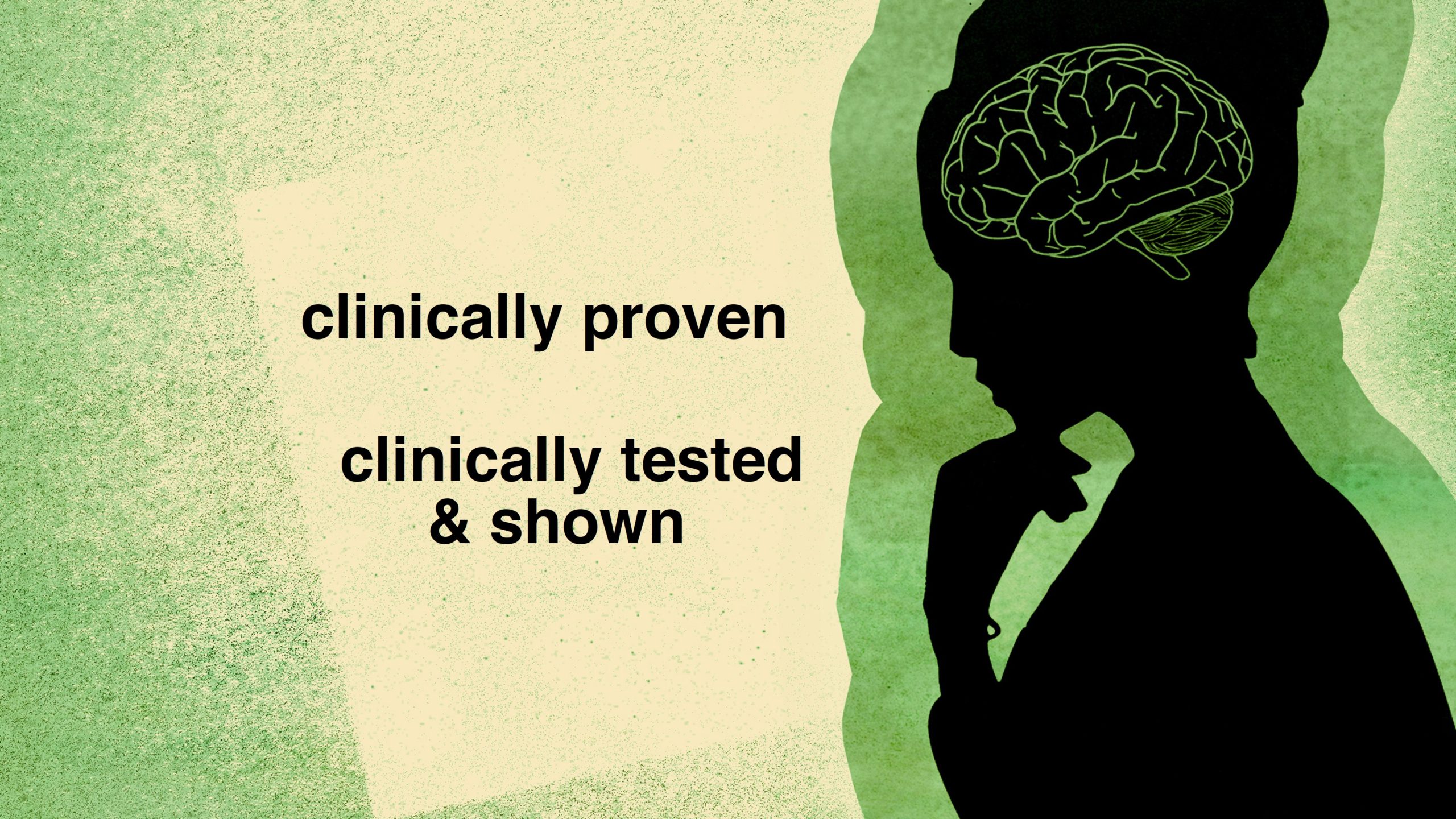
Docket number: 22-11232-AA (11th Cir.); 1:20-cv-23564 (S.D. Fla.)
The Center for Class Action Fairness (CCAF), representing its director Theodore H. Frank, filed an objection to a class action settlement involving Neuriva-branded nutritional supplements. The proposed settlement will pay class members perhaps one third of the $2.9 million fee request that plaintiffs’ counsel seek for themselves. Frank contends the disparity makes the settlement unfair, and it must be denied final approval so that the parties can renegotiate a settlement that puts class members first.
The suit pending in the Southern District of Florida is one of three actions filed over the summer of 2020, all of which alleged Neuriva was deceptively marketed because it claims its ingredients were “clinically proven” to fuel several indicators of brain health. In fact, no testing of Neuriva itself has ever been performed, and FDA guidance suggests such marketing—based on small, preliminary studies of ingredients mostly different from those actually contained in Neuriva—is misleading. Plaintiffs for all three suits chose to file their settlement in the second-filed Florida action, perhaps because courts in the Eleventh Circuit, unlike other venues, are not clearly required to examine the “economic reality” of class action settlements that disproportionately enrich attorneys.
The Neuriva settlement is upside-down: it provides a segregated $2.9 million fund for attorneys, while paying class members only what they can claim through a process that includes no direct notice to Neuriva purchasers. As of August 2021, only $442,000 worth of claims had been filed. While plaintiffs optimistically estimate that $1.1 million in claims might eventually be filed, even is far from the “$8 million fund” they touted to the court. Even under the most optimistic scenario, attorneys will claim over 70% of the settlement benefit for themselves.
The only other purported relief in the settlement is hardly relief at all. The settlement endorses marketing claims no less misleading than the status quo.
In addition to Frank’s objection, the district court also received an amicus brief from Truth in Advertising (TINA), which independently flagged the settlement as objectionable. Read about why TINA also opposes a settlement that “enriches plaintiffs’ attorneys while providing paltry monetary relief to consumers.”
Following the filing of Frank’s objection and TINA’s amicus, the defendants moved to strike both filings alleging that the objection to be filed in bad faith and that both Frank and TINA lack standing. The district court required several additional filings, including the actual claims filed to date, the value of the injunction, and a detailed accounting of CCAF’s and TINA’s track records (both of which are overwhelmingly successful at defending consumers’ interests).
A three-hour fairness hearing occurred on August 17, 2021. Following the hearing, the district court requested more information concerning how consumers would distinguish “clinically proven” from “clinically tested” and “shown.” (Originally the settlement required defendants to quit using the phrase “clinically proven,” but permitted them to instead say that Neuriva is “clinically tested” and “shown” to provide the same claimed brain performance benefits as before.) After this hearing, the parties amended their settlement to also enjoin the terms “clinically tested and shown,” and the magistrate granted final approval, which was affirmed by the district judge.
Frank appealed and filed his opening brief June 14, 2022. On October 17, Frank submitted his reply to briefing from plaintiffs and defendants.
On April 12, 2023, the Eleventh Circuit vacated the district court’s settlement approval finding the named plaintiffs lacked Article III standing as to some claims and forms of relief. The Court further urged the district court to properly address the arguments Frank pressed on appeal, including the impact of the 2018 Amendments to Rule 23 on the disproportionate allocation of settlement proceeds to attorney’s fees.
Case Documents
